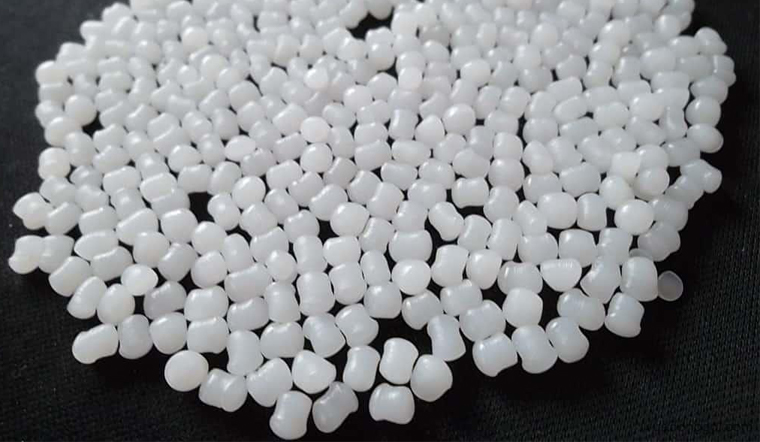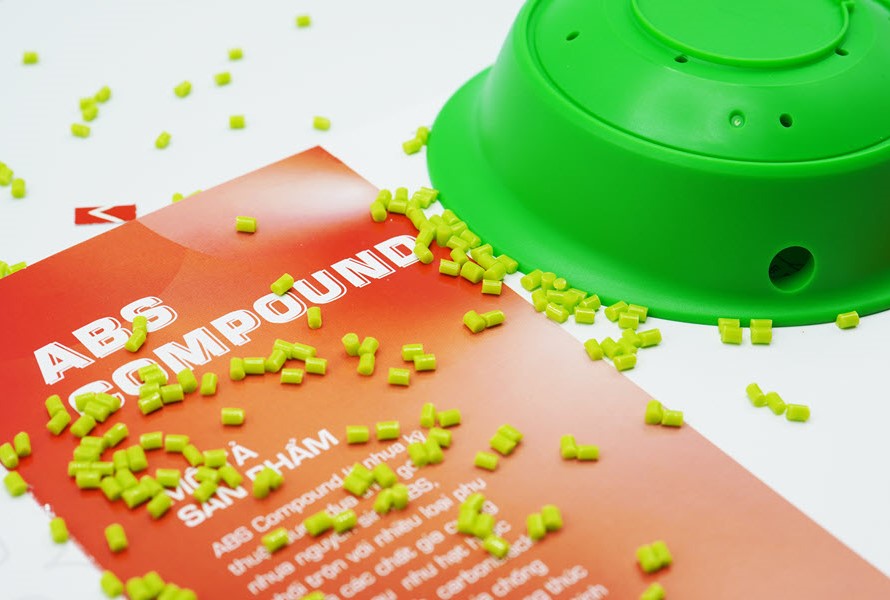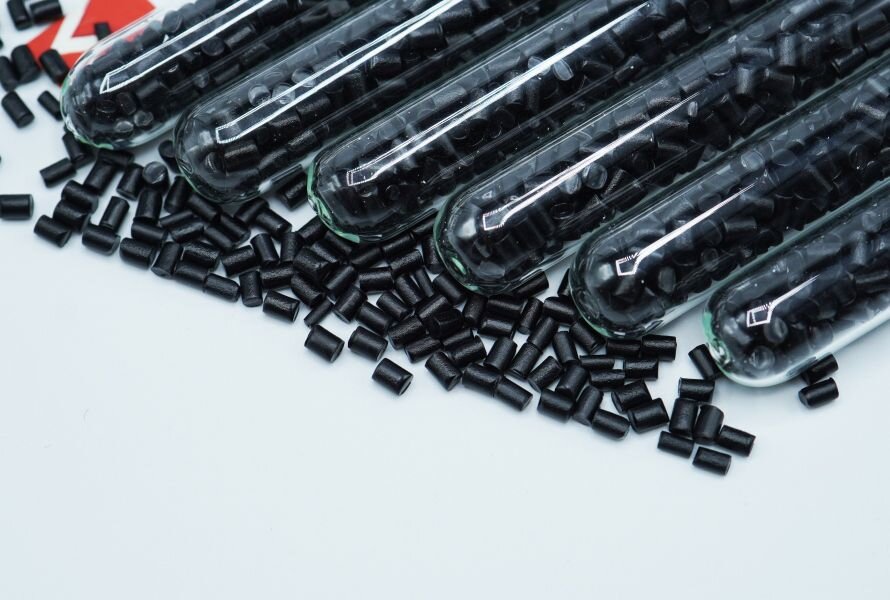Injection molding is a manufacturing process in which melted plastic is injected into a mold cavity, where it cools and hardens to form the desired shape. There are various types of plastics that can be used in injection molding, each with its own unique properties and characteristics. In this article, we will explore all kinds of injection moldable plastics and their key features.
1. Why Knowing Injection Moldable Plastics is Important
In the world of manufacturing, injection molding is a widely used technique for producing a range of plastic products. From small household items to complex automotive parts, this process allows manufacturers to create precise, high-quality components efficiently.
However, the success of injection molding largely depends on understanding the types of plastics used. Knowing which plastic to use can significantly affect the performance, durability, and cost of the final product.
This knowledge is not only essential for manufacturers but also benefits designers and engineers involved in product development. Below are key reasons why understanding injection moldable plastics is so important.
1.1. Material Properties Impact Product Performance
Each type of plastic has unique properties that influence the performance of the finished product. For example, nylon (PA) offers excellent strength and wear resistance, making it ideal for automotive parts and mechanical components.
On the other hand, polyethylene (PE) is highly flexible and resistant to moisture, making it perfect for packaging materials. By understanding the properties of different injection moldable plastics, manufacturers can select the right material that meets the specific requirements of their product, ensuring it performs optimally in its intended environment.
1.2. Production Cost
Choosing the wrong type of injection moldable plastics can lead to wasted resources, increased production costs, and a lower-quality product. Some plastics are more expensive than others, and their characteristics may not match the intended use of the product.
For instance, using high-performance thermoplastics like polycarbonate (PC) for a simple household item may be excessive in terms of cost and material properties. On the other hand, using cheaper, less durable plastics for products requiring high strength and heat resistance can lead to frequent failures and replacements.
Understanding which plastics are suitable for injection molding and their associated costs allows manufacturers to balance performance and cost, leading to more efficient production processes and better profit margins.
1.3. Quality and Longevity of Products
Selecting the right type of injection moldable plastics directly impacts the quality and longevity of the product. Some plastics are more resistant to environmental factors like UV radiation, moisture, or chemical exposure, which can extend the lifespan of the product.
For instance, acrylonitrile butadiene styrene (ABS) is highly durable and resistant to impact, making it ideal for consumer electronics and automotive parts. By understanding the strengths and weaknesses of each plastic type, manufacturers can produce products that not only meet customer expectations but also offer long-term reliability.
2. A List Of Injection Moldable Plastics
2.1. Acrylic (PMMA)
PMMA, which stands for Polymethyl Methacrylate, is widely used in the manufacturing of transparent products like lenses, display screens, protective shields, and decorative components for cars.
This material is known for its high transparency, resistance to aging, and strong mechanical properties. Additionally, PMMA is a type of plastic used in injection molding technology, which makes it easy to process and create products with complex shapes and smooth surface quality.
.jpg)
Acrylic (PMMA)
2.2. Acrylonitrile butadiene styrene (ABS)
During the injection molding process, ABS plastic is melted and then injected into a mold under high pressure to create products with high precision and complex details. ABS also has good electrical insulation properties and heat resistance, which enhances the durability and safety of the product.
.jpg)
Lego made from ABS plastic
2.3. Nylon (polyamide, PA)
Nylon is a well-known thermoplastic with high durability, excellent wear resistance, and strong chemical resistance. It is widely used in industries that demand sustainability and superior mechanical properties.
.jpg)
Nylon (polyamide, PA)
2.4. Polycarbonate (PC)
Polycarbonate (PC) is a thermoplastic known for its excellent mechanical properties, including high strength, strong impact resistance, and good optical transparency. Plastics used in injection molding, like PC, offer good heat resistance and remain stable under high-temperature conditions.
This makes them ideal for applications that require durability and safety. The combination of strength, flexibility, and the ability to mold into complex shapes makes polycarbonate a suitable choice for injection molding, particularly in industries such as electronics, automotive, and medical device manufacturing.
.jpg)
Polycarbonate (PC)
2.5. Polyethylene (PE)
Polyethylene is widely used in injection molding due to its versatility, chemical resistance, toughness, and flexibility. This material can be molded into complex shapes and is commonly found in packaging, automotive parts, and consumer goods.
.jpg)
Polyethylene (PE)
2.6. Polyoxymethylene (POM)
Polyoxymethylene (POM), also known as acetal or polyacetal, is an engineering thermoplastic with numerous exceptional properties. POM is commonly used in the production of standard parts that require high stiffness, low friction, and dimensional stability. Injection-molded POM is used in bearings, gears, conveyor belts, and pulleys due to its low friction coefficient.
.jpg)
Polyoxymethylene (POM)
2.7. Polypropylene (PP)
Polypropylene is the second most widely used plastic in the world. With a high melting point and excellent chemical resistance, PP can maintain its shape when twisted or bent and is unaffected by moisture or water. Additionally, PP is known as a recyclable material in the industry and is one of the most common injection moldable plastics.

Polypropylene (PP)
2.8. Polystyrene (PS)
Polystyrene (PS) is a type of plastic that works quite well for injection molding technology. PS pellets are transparent, rigid, and odorless. As a thermoplastic, PS becomes a liquid when heated to high temperatures and solidifies when cooled. Moreover, PS pellets can be easily processed at temperatures between approximately 180 and 200°C using methods such as extrusion or injection molding.
.jpg)
Polystyrene (PS)
3. Conclusion
In short, choosing the right injection moldable plastics is a key factor in determining production quality and efficiency. Plastics like ABS, polypropylene, polyethylene, nylon, PVC, etc. all have unique characteristics that cater to different technical needs in specific applications. Understanding the properties of each type of plastic helps businesses optimize production processes, reduce costs, and enhance the quality of products.
4. About EuroPlas’ ABS - PA - PC - PE - PP Products
For over 15 years, EuP has been a leading manufacturer of injection molding plastic, producing high-quality plastic granules with excellent mechanical properties and durability. Our engineering plastic compounds are widely used to make injection-molded parts, food containers, packaging, and other applications. If you are looking for injection moldable plastics, EuroPlas can offer a variety of products listed below.
4.1. ABS
EuroPlas’s ABS products include:

EuroPlas’s ABS Compound
4.2. PA
EuroPlas’s PA products include:

PA6, PA66 blend compound
4.3. PC
EuroPlas’s PC products include:

PC Plastic
4.4. PE
EuroPlas’s PE products include:

EuroPlas’s PE filler masterbatch
4.5. PP
EuroPlas’s PP products include:

EuroPlas’s PP products
For more information and samples, please contact us HERE!